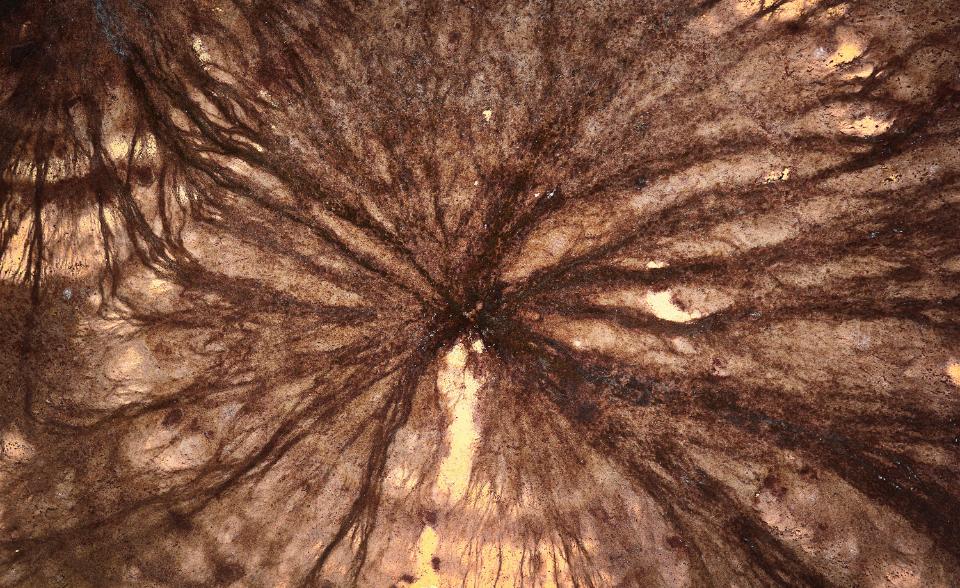-
Date:
From 03 Feb 2025 until 07 Feb 2025
-
Deadline for Applications:
10 Jan 2025
-
Location:
Faculdade de Ciências da Universidade de Lisboa, Campo Grande 1749-016 Lisboa
-
Duration:
20 hours (option 1); 36 hours (option 2) (contact hours)
-
Schedule:
14:00-18:30 (20h) (option 1); 9:30-18:30 (36h) (option 2)
-
Lecturer or Responsible:
Silvana Munzi (CIUHCT, CIÊNCIAS), Cristina Cruz (CE3C-PSE, CIÊNCIAS) & Lourdes Morillas (CE3C-PSE, Universidad de Sevilla)
-
Department Responsible:
Departamento de Biologia Vegetal, Faculdade de Ciências da Universidade de Lisboa
-
Nº (min - max) Students:
10-20
This course was cancelled.

Objectives
Symbiosis is a key strategy for life on Earth. Nevertheless, although many research groups have long been committed to the study of symbiosis, its definition and functioning are not fully understood, and its ecological role and relevance are still underestimated.
Symbiotic associations vary from parasitism to mutualism and even simple persistent biological interactions, making the knowledge fragmented and focused on the details of single symbiotic systems. Knowledge of the various symbiotic relationships is rapidly increasing with the development of -omics tools, but without efforts to find common grounds.
The concept itself of symbiosis can be faced by different points of view, spanning from biology to evolution, from philosophy to artificial intelligence.
In this course, we promote a multidisciplinary approach presenting the most recent findings on the topic and challenging the traditional way of considering symbiotic associations as exceptions and not as the rule.
This course can be done only with theoretical classes (option 1, 20h, online) or with both practical and theoretical classes (option 2, 36h, practical presential in mornings, theoretical afternoons online, as option 1).
Participants have to be present at 85% of the contact hours, and actively participate in all activities.
This course can give credits to PhD programmes at CIÊNCIAS or of programmes with partnership from CIÊNCIAS and other institutions with 6h-7h of contact hours per ECT, as a function of specific requirements. For these students additionally to the exercises done during the week the delivery of a written report done after the course is mandatory. The exact exercise for students doing option 1 and 2 will be explained during the course. For option 2, for programmes with less hours of contact per ECT (6h/ECT), getting 6 ECTs from the course, students need to do an additional assignment (summary report). Such report(s) are also advised for other students requesting creditation of the course in their institutions.
Minimum formation: Bachelor (“Licenciatura”) in Biology, Natural Science or related areas.
Directed to: PhD or MSc students in Biology, Microbiology, Ecology, Environmental Studies or related areas, and postdocs and other professionals working in related topics.
General Plan
NOTE: This course can be done only with theoretical classes (option 1, 20h, online) or with both practical and theoretical classes (option 2, 36h, practical presential in mornings, theoretical afternoons online, as option 1).
- Option 1 - Participants can decide to attend only theoretical lessons
Location of theoretical lessons (afternoons): online - Option 2 - Participants can decide to attend theoretical and practical lessons
Location of practical lessons (mornings): Faculdade de Ciências da Universidade de Lisboa
Location of theoretical lessons (afternoons): online
General plan
Starting from the definition of symbiosis, we’ll analyze the role of symbioses in evolutionary terms. Plant-fungal-bacteria symbioses will be presented to illustrate ecological networks and ecosystem services. Examples of different symbiotic associations (lichens, biofilm, mycorrhizas) will be given by specialists in the field in theoretical-practical lessons taking in consideration morphological, physiological and ecological aspects. Part of the course will be devoted to the human microbiome and insect-bacteria symbioses and their consequences on/potentialities for human and environmental health. Philosophical aspects and challenges brought by the new discoveries in the area will be discussed. Potential applications in technology like evolutionary algorithms and industrial symbiosis will be considered as well as sociological aspects associated to agroecology. Practical lessons will allow participants to “put their hands” in some of the symbiotic systems presented in the course.
Funding
Students fees
Fee
Free for 1st year PhD students in Doctoral programmes at CIÊNCIAS (e.g. Biology), Biodiversity, Genetics and Evolution (BIODIV ULisboa; UPorto), Biology and Ecology of Global Changes (BEAG ULisboa, UAveiro) and Sustainability Science (ULisboa, several institutions), when the course counts credits for their formation, in which case the delivery of final report(s) done after the course is mandatory; the course is also free for more advanced PhD students of the BIODIV programme (ULisboa or UPorto).
For other students fees vary whether option 1 or option 2 is chosen:
- FEE (option 1): 15 € for other PhD students from CE3C of other programmes besides BIODIV (free), 30 € for PhD students from institutions of the PEERS network (CFE); 55 € for CIÊNCIAS Master students, more advanced PhD CIÊNCIAS students and unemployed; 80 € for BTI, BI and other PhD students; 115 € for Professionals and postdocs.
- FEE (option 2): 50 € for more advanced PhD students of CE3C of other programmes besides BIODIV (free); 80 € for PhD students of the PEERS network (CFE); 125 € for CIÊNCIAS Master students and unemployed; 180 € for BTI, BI and other PhD students; 250 € for Professionals and postdocs.

